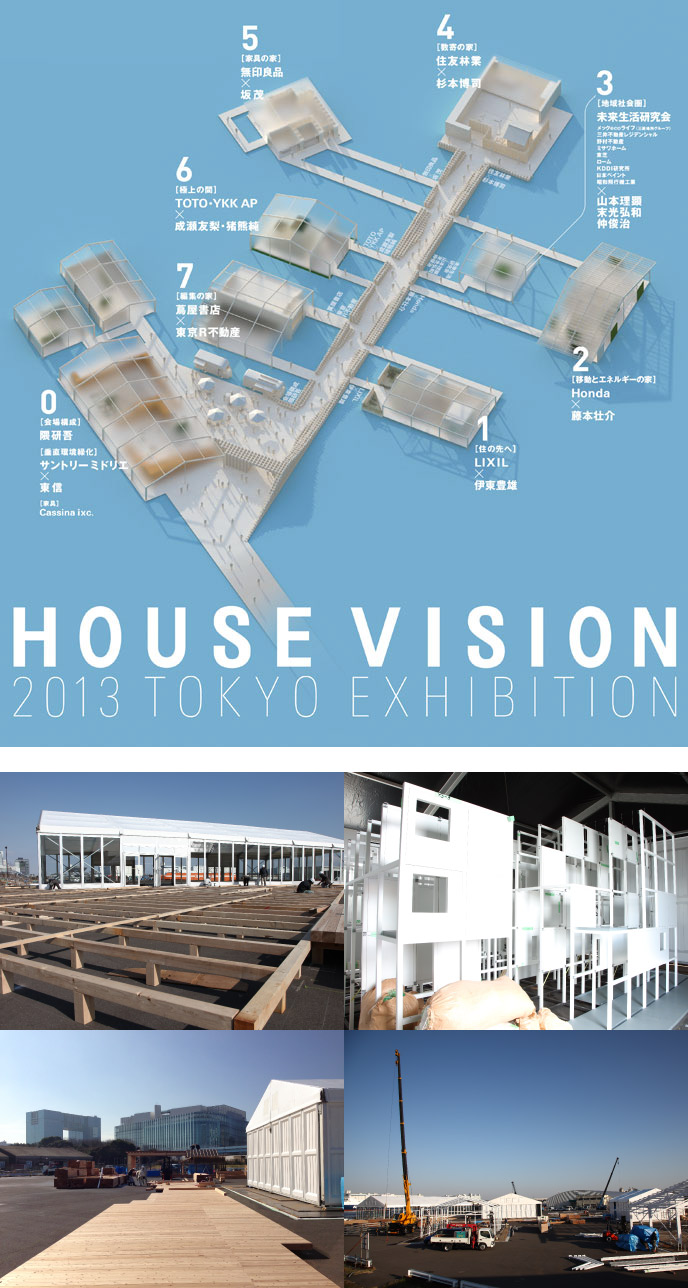Hara Kenya and his house vision
“Living in a city with a new sense†is the idea of HOUSE VISION. Since the Edo period (1603-), Japanese cities, especially Tokyo, have been cities with extremely high population density. Both in the past with rapid economic growth and the future, the life in metropolises has been/shall be full Lees verder
